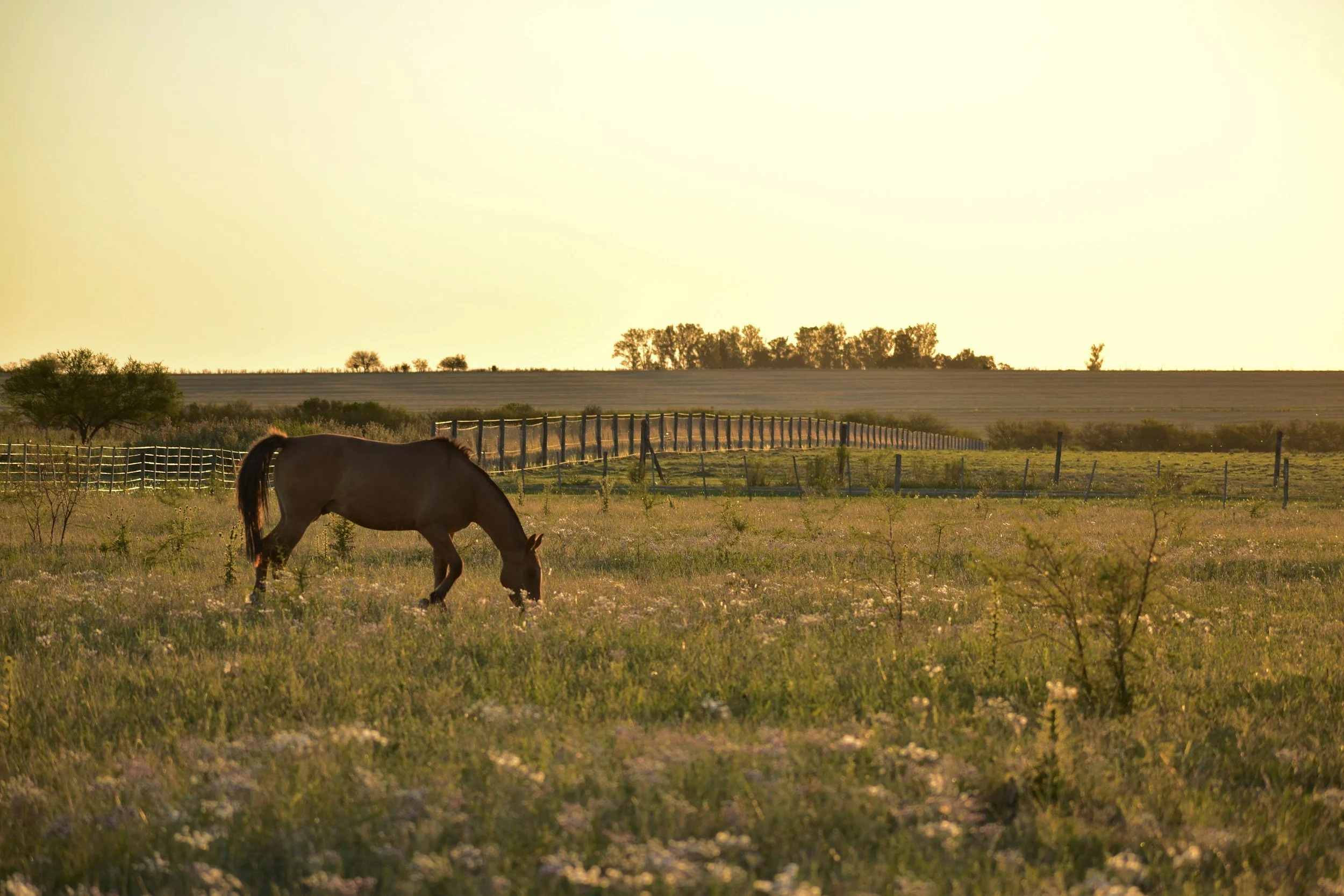By: Ashley Addo, Staff Member
On April20, 2010, our country experienced a devastating tragedy, the BP oil spill. This catastrophic event affected thousands of fishermen, business owners, real estate workers, property owners, shareholders, and more. The spill was a result of an explosion and fire at the Deepwater Horizon oil rig, which was located 130 miles southeast of New Orleans and approximately 50 miles from the Mississippi Delta.[1]The burning lasted for approximately two days before the oil rig tipped into the sea. The leak was finally capped on July 15, 2010, but the overwhelming damages remained.[2]Eleven platform workers were killed during the drilling process, and aquatic life was substantially affected. Consequently, these damages induced hundreds of class action lawsuits against BP and Transocean, the company that owned the oil rig.[3]
While the various classes assert different claims against BP and Transocean, one common claim exists amongst the class action complaints: BP was negligent in the design, maintenance, manufacture, and operation of the oil rig.[4]Accordingly, the plaintiffs in these classes desire recovery from the aforementioned defendants. The question is: with hundreds of class action suits pending against these companies, how quickly will these class members be compensated?
Rule 23of the Federal Rules of Civil Procedure governs the different ways in which a class can be certified.[5]One reason a class can be certified is if predominant issues preside amongst the class as a whole.[6]Once a class is certified, Rule 23(a)(5) permits the creation of subclasses amongst a larger class if needed.[7]In the recent Randleman v. Fidelity National Title Insurance Co. case, the court addressed a circuit split regarding bifurcation and the creation of subclasses in order to remedy a lack of predominance amongst a class.[8]The 4th, 5th, and 11th circuit’s state that a class should not be certified with subclasses if predominant issues do not exist amongst the class.[9]Conversely, the 2nd and 9th Circuits hold that subclasses are permissible, despite a lack of predominant issues amongst the class.[10]
If all of the circuits accepted the minority viewpoint towards class certification,the lawsuits against BP could be substantially expedited. There are hundreds of class action lawsuits pending against BP and Transocean and, although the classes are pleading distinct issues, the overarching commonality is BP’s negligence.[11]Several of these classes could be joined together, and multiple subclasses could be created amongst the class. For example, a class of BP shareholders,property owners, and real estate owners could be certified as one class, with multiple subclasses created amongst the class for the disparate claims.
In response to the oil spill, BP implemented many programs to avoid reoccurrence of the oil spill. Specifically, BP has acknowledged that they“ regret the damage caused to the environment and the livelihood of those in the communities affected” and that they are “putting in place measures to help ensure it does not happen again.”[12] While these strides are critical, BP’s ultimate goal should be compensation of the thousands of injured parties. The livelihood of these class members was radically altered by the oil spill; these individuals relied on the preservation of the Gulf of Mexico as a means of survival. BP has discussed its efforts in compensating individual claims,however, the Company has not publicly addressed how it will handle the hundreds of class action suits.[13]Consolidation of classes and the use of subclasses could reduce the amount of pleadings, hearings, discovery review, and trials that would accompany each suit. Additionally, this approach could reduce potential inconsistent judgments and appeals.
[1] Complaint at §2, Cajun Maid, LLC v. B.P., No.1:10-CV-176 HS0-JMR, (S.D.Miss. May 6, 2010).
[2]Id.
[3]Id.
[4]Id.
[5] fed. r.civ. 23.
[6] fed.r. civ. 23(b)(3).
[7] fed. r.civ. 23(a)(5).
[8]Randlemanv. Fidelty, 646 F.3d 347 (6th Cir. 2011).
[9]Id.at 356
[10] Id.
[11] Complaint, supra note 1, at §73
[12] Deepwater Horizon Accident, bp, http://www.bp.com/sectiongenericarticle800.do?categoryId=9036575&contentId=7067541
[13] Compensating the people and communitiesaffected, bp, http://www.bp.com/sectiongenericarticle800.do?categoryId=9036584&contentId=7067605







